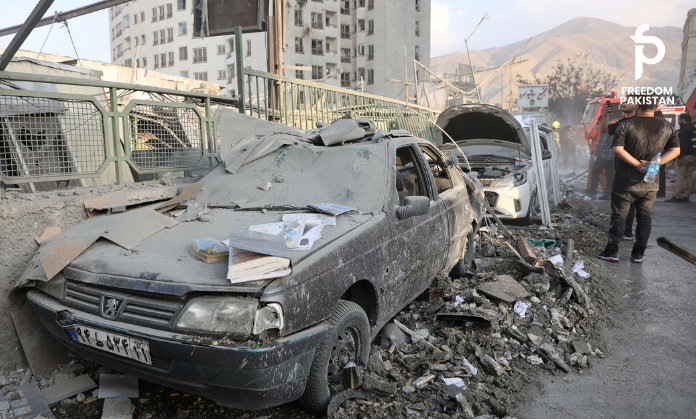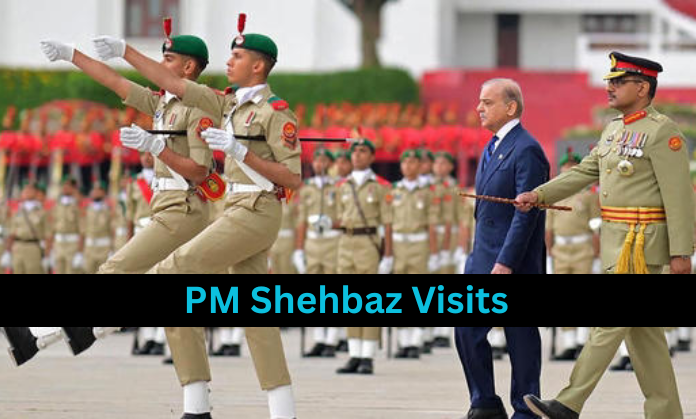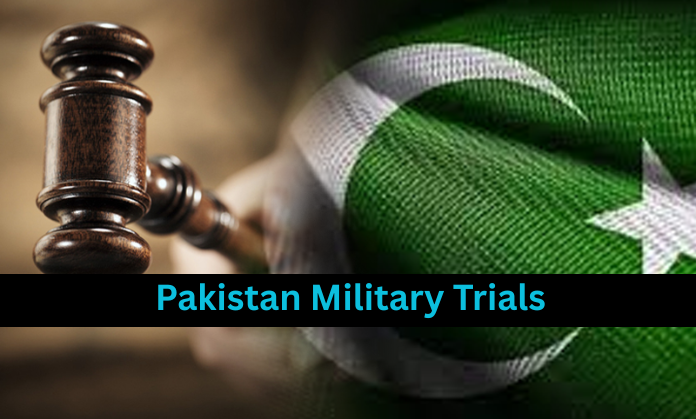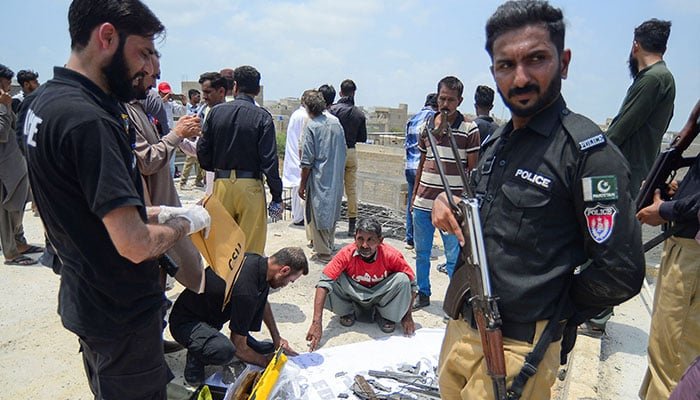In a bold and dangerous escalation, Israel has launched targeted strikes on Iran’s nuclear facilities and top military leadership, setting the Middle East on edge. As regional powers brace for an inevitable Iranian response, fears of a broader conflict are rising across the globe. The incident marks one of the most direct military confrontations between the two rivals in years.
Details of the Israeli Strikes
Late last night, Israeli fighter jets and drones carried out a series of coordinated attacks on key Iranian nuclear sites and military command centres. According to military analysts and satellite images, targets included uranium enrichment facilities, missile storage depots, and the headquarters of Iran’s Revolutionary Guard Corps (IRGC).
Unconfirmed reports suggest several high-ranking IRGC officials were either killed or severely wounded. Israel has yet to officially claim responsibility, but senior officials hinted that the operation was a “pre-emptive move” to stop Iran from acquiring nuclear weapons.
The Israeli Défense Forces (IDF) are maintaining high alert status as speculation grows that Iran’s retaliation could come within days, if not hours.
Iranian Response and Early Reactions
In response to the strikes, Iranian Supreme Leader Ayatollah Ali Khamenei vowed “severe and unforgettable revenge.” The IRGC mobilized air defence systems across Tehran and key provinces, while missile units in the south and west were seen preparing for deployment.
Iran’s Foreign Ministry issued a stern warning to Israel and its allies, especially the United States, holding them accountable for what it labelled an “act of war.” Crowds gathered in Tehran chanting anti-Israel slogans, demanding an immediate military response.
Middle East on High Alert
The Middle East is bracing for a full-scale confrontation. In Lebanon, Hezbollah has moved forces closer to the Israeli border, while Syrian radar installations and Iranian proxies in Iraq have gone dark—often a sign of imminent operations.
The United States has reportedly moved naval assets closer to the Persian Gulf and ordered increased alert for bases in Iraq, Kuwait, and Bahrain. Gulf states such as Saudi Arabia and the UAE have condemned the violence but urged restraint, fearing instability across the region.
Global Reactions and Diplomatic Concerns
The international community is urging de-escalation. United Nations Secretary-General António Guterres called for “maximum restraint,” warning that a regional war could have catastrophic humanitarian consequences.
Russia and China, long-time allies of Iran, condemned the Israeli strikes and called for emergency talks. The European Union expressed concern about the potential collapse of any remaining hope for restoring the Joint Comprehensive Plan of Action (JCPOA)—the Iran nuclear deal.
Meanwhile, the United States, while not claiming involvement, reiterated Israel’s right to self-defence, complicating diplomatic efforts to calm tensions.
Impact on Global Oil Markets and Economy
As expected, global oil prices surged immediately after news of the strikes. The Brent crude benchmark spiked by over 6%, while the Strait of Hormuz, which handles around 20% of the world’s oil traffic, is now under tighter surveillance.
Global markets also took a hit, with investor confidence shaken by the threat of a wider regional war. Shipping insurance premiums in the Persian Gulf have soared, affecting the entire supply chain network from Asia to Europe.
Historical Context: A Long-Running Conflict
This is not the first time Israel has taken direct action against Iran’s nuclear ambitions. In past years, covert operations, sabotage at nuclear sites like Natanz, and targeted assassinations of Iranian nuclear scientists have been attributed to Israeli intelligence.
Iran, in turn, has supported proxy groups like Hezbollah, Hamas, and the Houthis, expanding its influence across the region while fuelling tensions with Israel and Sunni Arab nations.
What makes this latest incident significant is the open military confrontation, moving beyond shadow wars to full-scale strikes, risking a much larger and deadlier conflict.
Possible Scenarios for Retaliation
Experts suggest several likely avenues for Iran’s retaliation:
-
Direct missile attacks on Israeli military or civilian targets.
-
Proxy strikes via Hezbollah in Lebanon or militias in Iraq and Syria.
-
Cyberattacks targeting Israeli infrastructure and global allies.
-
Naval disruption in the Strait of Hormuz, threatening oil supplies.
While Iran may not want a full-scale war, the political pressure for revenge is high, and a miscalculation on either side could spark a major regional war.
Civilian Impact and Humanitarian Concerns
Civilian populations on both sides are at risk. In Israel, bomb shelters have been opened, and citizens have been warned of potential missile strikes. In Iran, air defence drills are being conducted near cities that house nuclear infrastructure.
The United Nations and Red Crescent are preparing contingency plans in case of refugee displacement or humanitarian emergencies. A broader conflict would place millions at risk, disrupt food supplies, and overwhelm already fragile healthcare systems in nearby conflict zones like Syria and Gaza.
What Comes Next?
The world watches nervously as events unfold. Some analysts believe that diplomacy may still have a chance, especially if both sides engage through backchannels. Others fear this may only be the beginning of a long and devastating confrontation.
Countries like Turkey, Qatar, and Oman could play mediating roles. However, with emotions running high and hardliners on both sides empowered, a peaceful resolution may be elusive.
Read This:
Field Marshal Asim Munir Invited to Attend Historic US Army Day Celebrations




